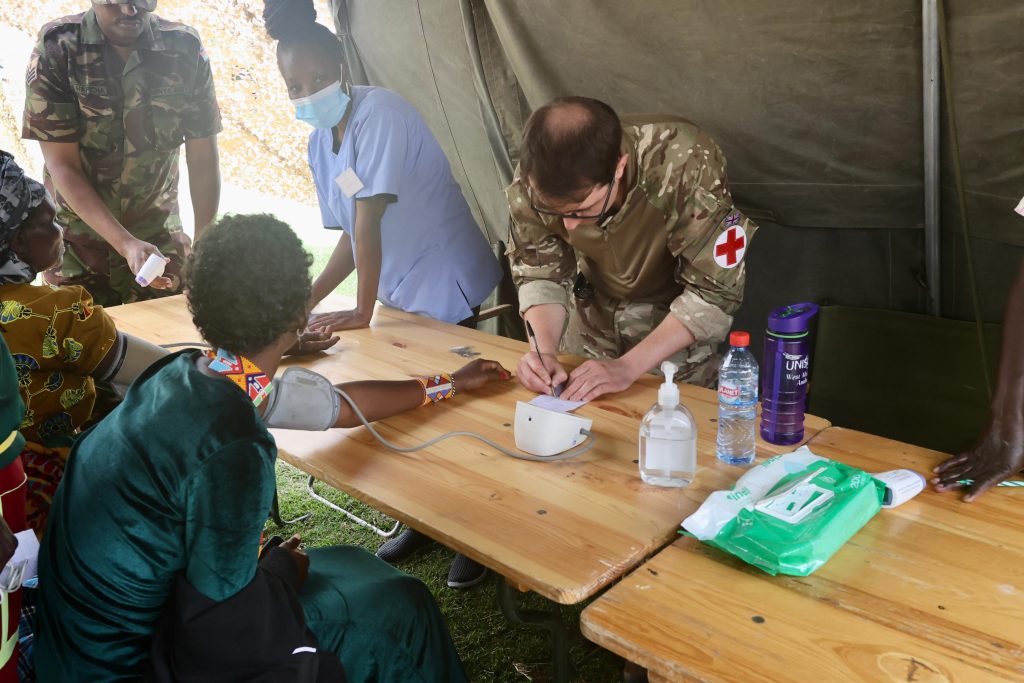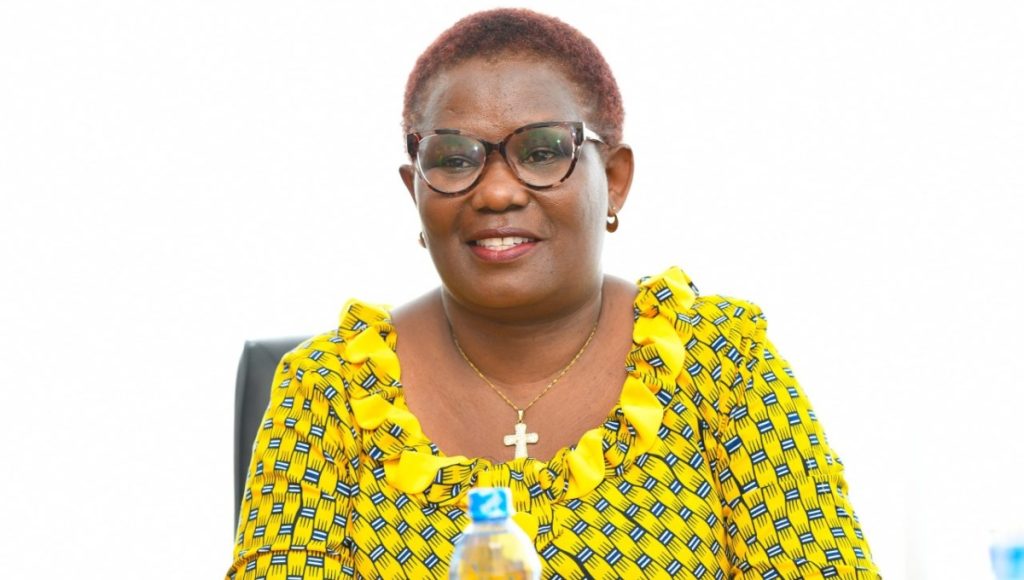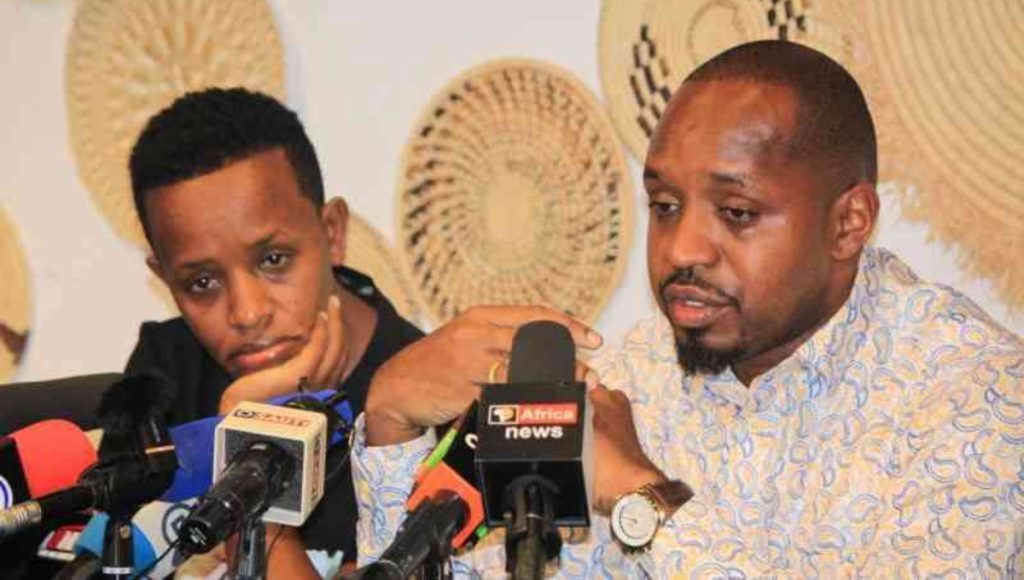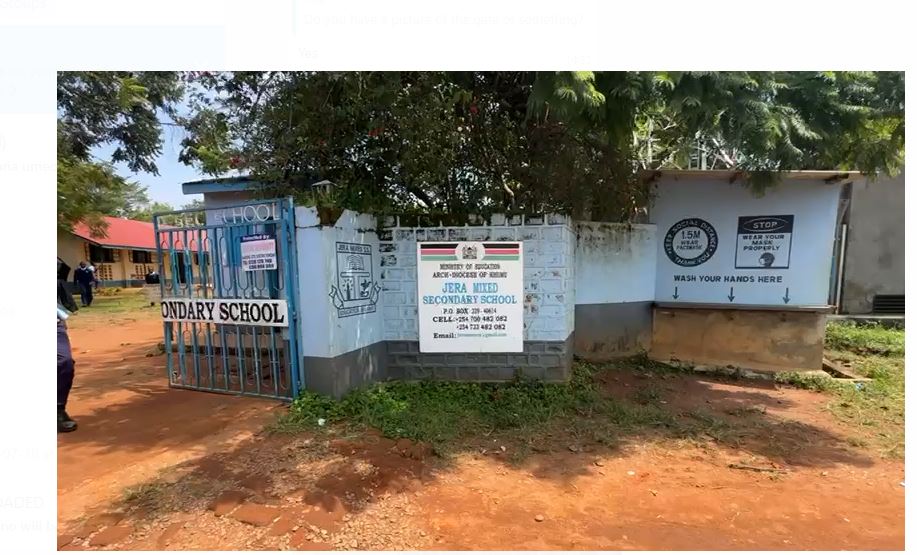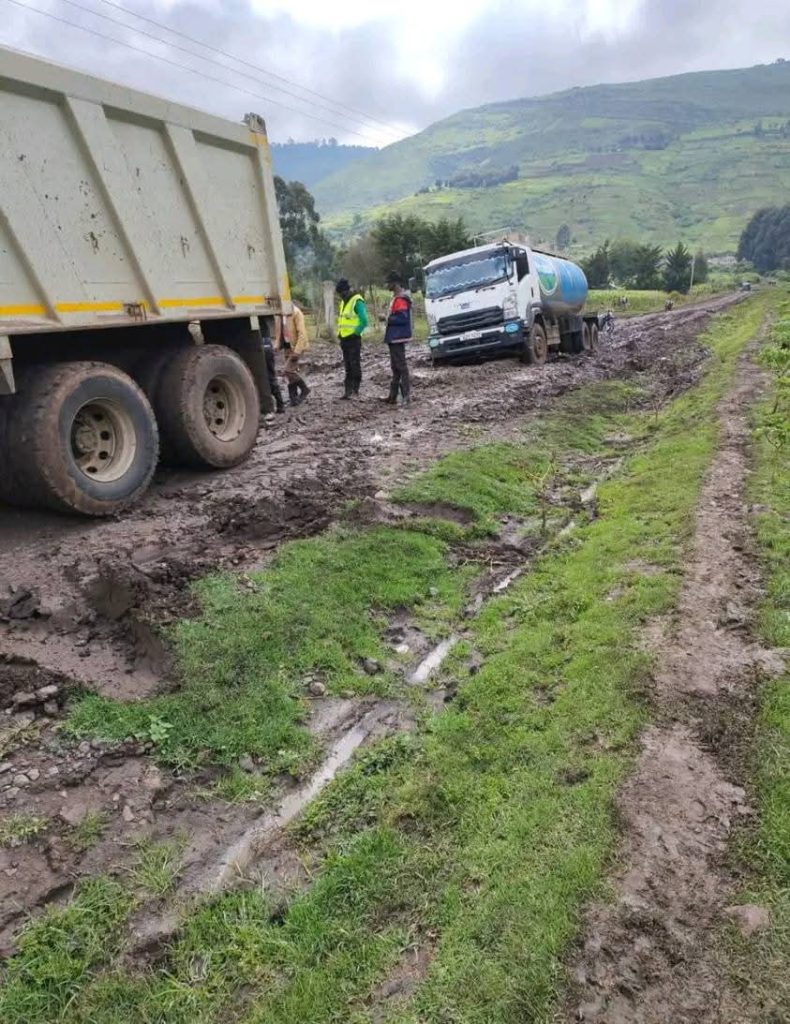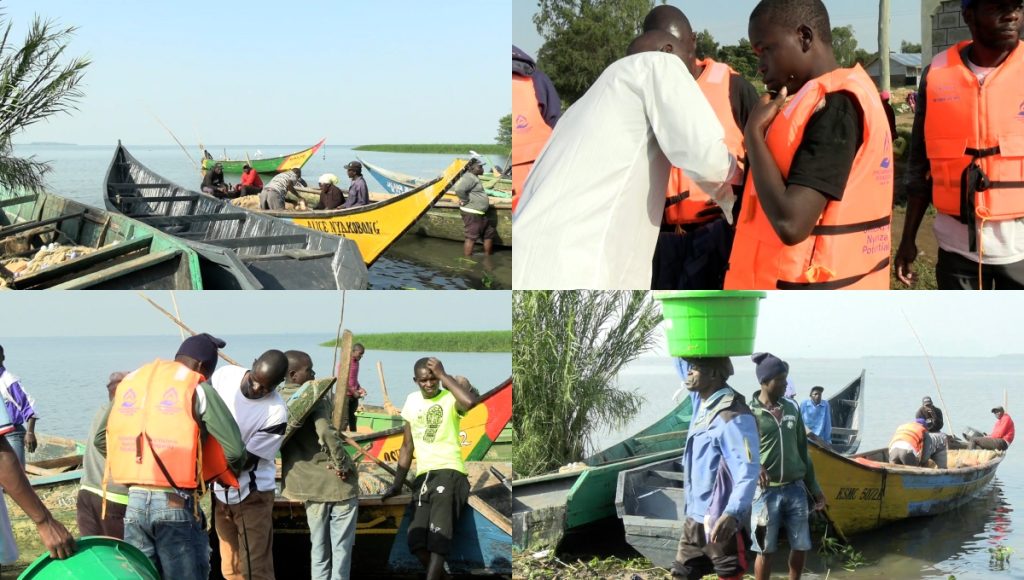More than 3000 people in Laikipia and Samburu Counties received free medical care from British Army Training Unit Kenya (BATUK) medical troops in collaboration with the Kenyan Defense Forces, the Samburu County Government, and Beyond Zero in Laikipia, Kenya.
The “HARAKA SERPENT” exercise provided a wide range of medical services, including preventive, diagnostic, and curative care as well as healthcare education, at nine different locations: three in Laikipia North, three in Laikipia West, and three in Samburu County.
It was a sigh of relief for communities in Lokusero, Musul, Nosorai, Laresoro, Sereolipi, Archer’s Post, Suguroi, Mathira, and Kanduturai that have little access to medical diagnosis and care, as they flocked to the camp to receive rare but essential medical services for free.
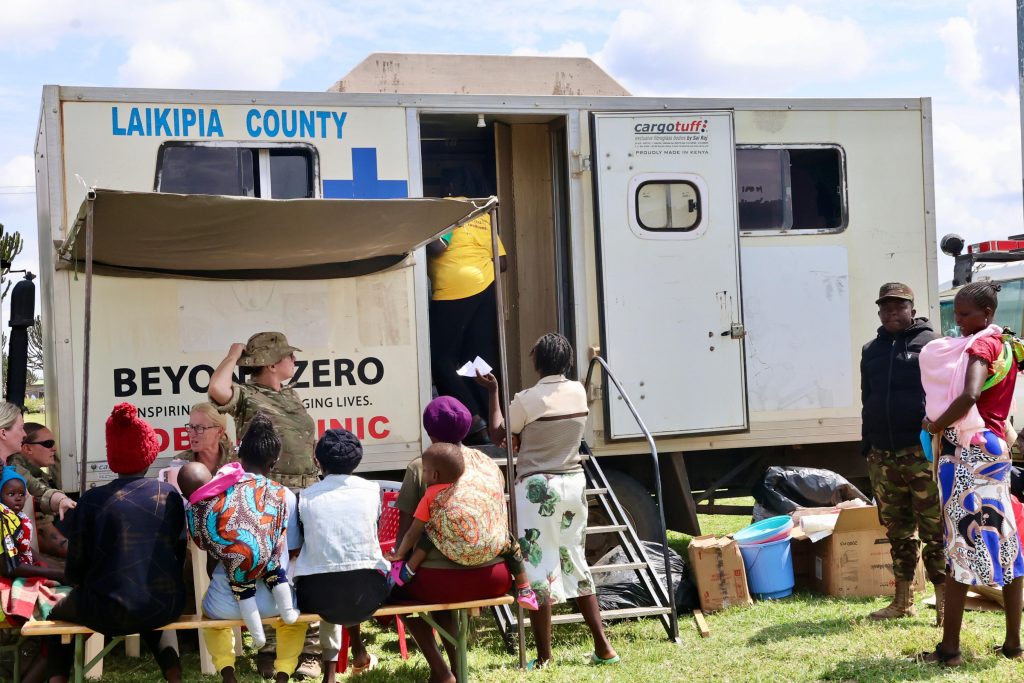
It was noted that in many marginalized communities where health care is not as easy to access, the most common diseases are humanitarian-related diseases such as upper respiratory tract infections and eye problems due to lack of first aid care and exposure to dust.
The team provided a variety of healthcare services, including nutrition screening, maternal health services, ENT check-ups, family planning services, health education workshops, voluntary HIV and AIDS counselling and testing, cervical screening, and children’s vaccines.
According to Robert Mathews, from 202 Multi-Role Medical Regiment, it has been an extremely challenging yet worthwhile exercise for our deployed medics, but their mandate as the British army is to assist the host nation medical staff and the medical staff from the Kenyan Defence Forces in providing outreach health care to remote parts of Samburu and Laikipia Counties.
”We have worked closely with Kenyan-led teams, and together we have treated over 3000 people. This has also been a great learning experience for my medics, for the vast majority of whom this is their first time in Kenya,” said Mathews.
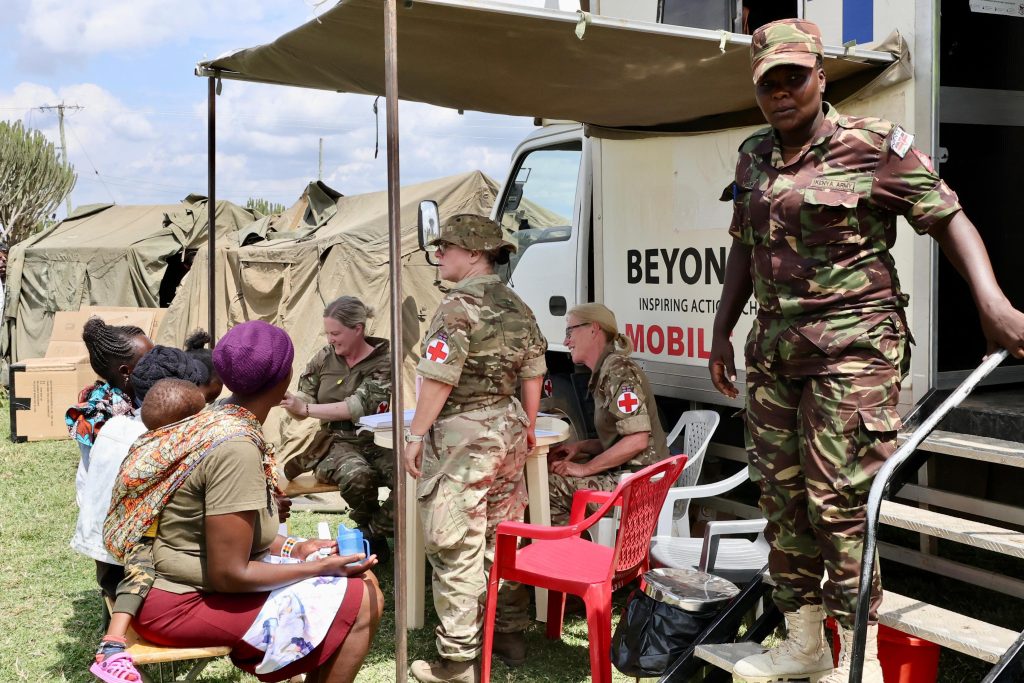
During this engagement, 202 MMR clinicians provided a specialized training on austere pre-hospital treatment, facilitating a valuable exchange of experiences and best practices with KDF personnel.
202 MMR is specially trained and equipped to provide an integrated healthcare system within a single unit by integrating Deployed Primary Healthcare, PreHospital Emergency Care, Medical Evacuation and Deployed Hospital Care capabilities.
MMRs provide improved tactical flexibility, agility, clinical continuity, and credibility throughout the Operational Patient Care Pathway (OPCP); by combining traditional Field Hospital General Service Medical Regiment roles into a new type of medical unit, MMRs integrate medical capability at the lowest level.
The Kenya Defence Forces Nursing Officer, Lt. Brian Kiplimo, said the initiative had three objectives: offering healthcare to the marginalized communities who are not able to easily access healthcare facilities, learning, and enhancing our cooperation with BATUK.
The learning objective saw 45 KDF personnel trained on medical readiness during operations, especially casualty care.
”Through the exercise, we have been able to share experiences and knowledge with BATUK, which is vital for future cooperation,” Lt. Brian Kiplimo said.
Similar sentiments were echoed by British High Commissioner Neil Wigan, who said, “This is a powerful demonstration of our mutual partnership between Kenya and the UK.”
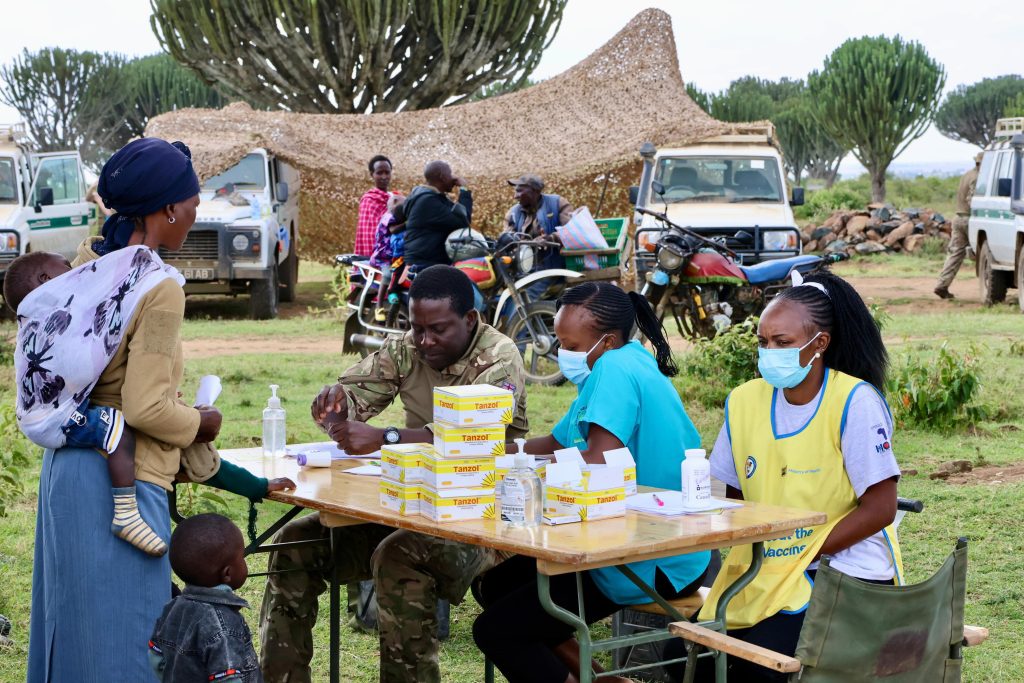
Wigan continued to say that through this medical outreach, they have seen the very best of what their partnership can achieve—bringing vital healthcare to remote communities, sharing knowledge between our armed forces, and strengthening the bonds between our people.
”Kenya remains a vital strategic partner to the UK. We have a shared history—and more importantly, we have a shared future. We’re going far, together,” added Neil Wigan
British Army Training Unit Kenya is a permanent training support unit based in Nanyuki. BATUK runs a wide range of training events and exercises for British and Kenyan troops, including infantry, artillery, logistics, engineering, and medical specialists.
Written By Laban Muhinda



